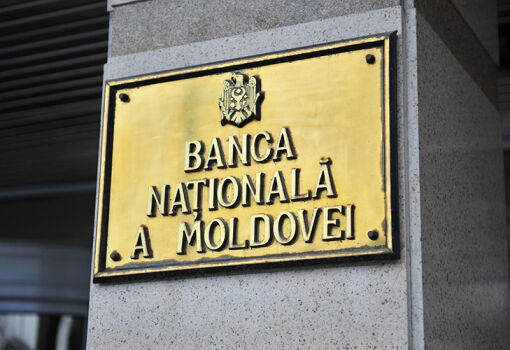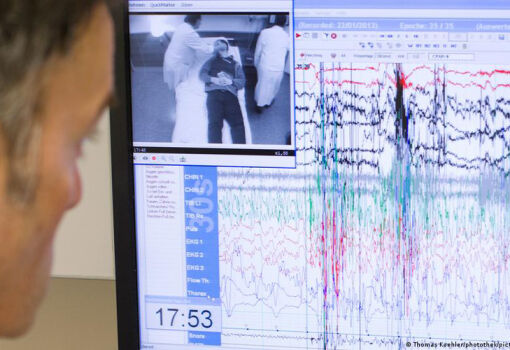
Marina Solovieva
The reason for the growth of this indicator is due to additional adjustments to the document made during the year. Therefore, although initially the Budget Law for 2025 included a deficit of 13.9 billion lei, it was amended in spring, according to which it increased by 4 billion lei (+28.9%). Now, its revised amount is 17.9 billion lei, or 5.1% as a percentage of GDP.
On the whole, according to the Finance Ministry, the revenue part of the state budget for the first six months of the year amounted to 36.8 billion lei, while the expenditure part – 44.4 billion lei. The growth of these two items compared to the same indicators of last year amounted to 17.6% and 18.2%, respectively.
The revenues administered by the State Tax Service accumulated 16.2 billion lei in January-June. They increased by 12.6% compared to last year. The revenues, administered by the Customs Service, were recorded at the level of 19 billion lei. But in percentage terms, the growth of revenues collected by the Customs Service is almost twice lower than those of the State Tax Service. At the same time, it amounts to 7.3% compared to the same indicator of the previous year.
“The slower growth rate of revenues administered by the Customs Service this year is mainly due to excise duties on imported goods, the amount of which increased by only 2.7% in the first half of the year compared to the same period last year,” commented Marina Solovieva, director of the program “Economic Policies” of the Independent Center Expert-Grup. – It amounted to 4.8 billion lei, while the total import of goods for the period of January-May 2025 increased by 17.7% compared to the same period of 2024, according to the NBS data. This is most likely due to a decrease in imports of excisable goods, particularly from the group “Petroleum, petroleum products and related products”. The NBS reported a 14.4% reduction in imports of goods in this group for the period January-May 2025 compared to the same period last year. In addition, a slight decrease (by 0.7%) was noted in the supplies to Moldova of goods from the category “Raw and processed tobacco”, some of which are also subject to excise duties”.
Revenues for externally financed projects in the first quarter of this year are lower than last year’s by almost 20%. “At the same time, the highest growth rates are observed in revenues to the state budget in the form of grants from international organizations,” the expert continues. – They have grown 5 times, up to 2.8 billion lei, although in the first half of last year the state budget received grants from international organizations for only 500 million lei)”.
At the same time, as Marina Solovieva notes, revenues from property taxes remain ridiculously low – only 347 million lei, which is just under 1% of tax revenues in the national public budget of Moldova, while the EU average is 4.5%.
As for the expenditure item, grants, in this case issued grants, also accounted for the largest increase. This year they amounted to 1.5 billion lei, while last year – only 446.5 million lei. Besides, the budget expenditures on personnel have increased considerably. This year, they amounted to 6.6 billion lei, while last year – 5.6 billion lei. As well as the expenses for subventions: 2, 7 billion lei against 2, 2 billion lei, respectively.
“Thus, taxes and fees in January-June 2025 provided 86% of the state budget revenues, although in the first half of 2024 they were higher and amounted to 92%,” summarizes Marina Solovieva. – In terms of revenue in the first half of 2025, the state budget was executed by 49% of the specified annual amount, and in terms of expenditures – by 48% of the specified annual amount”.
Returning to the issue of budget deficit, it should be noted that in the first half of this year the growth of revenues was 1% higher than the growth of expenditures. And the deficit level has not yet reached the half of the budgeted figure of almost 18 billion lei, despite the jump in June. Therefore, it is quite possible that at the end of the year it will be lower than planned, as it happened last year.
“However, in the context of sources to cover the deficit, the budget has other strategic problems,” economist Vladimir Golovatiuc, former head of the parliamentary commission for economy, budget and finance, noted back in the spring. – To a large extent, its reduction is due to the budget’s increased dependence on “other people’s” money – grants, as well as external and internal borrowing. This shows how capable the Moldovan economy in its current state is to ensure the inflow of resources in the amount necessary for the fulfillment of current social expenditures. The economy is always primary. If it is functional and the budget is filled at the level. Otherwise, the authorities need to look for means to fulfill social obligations”.






